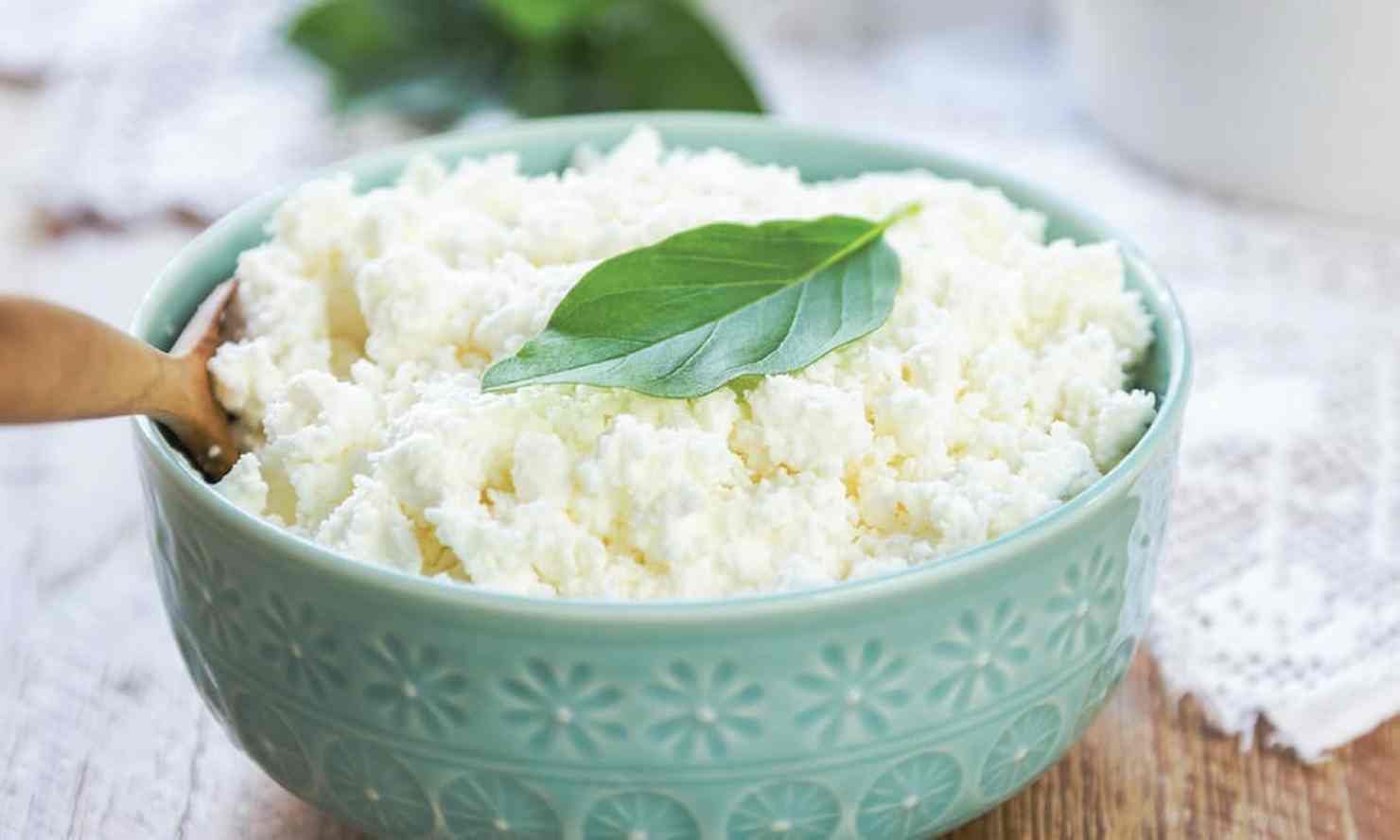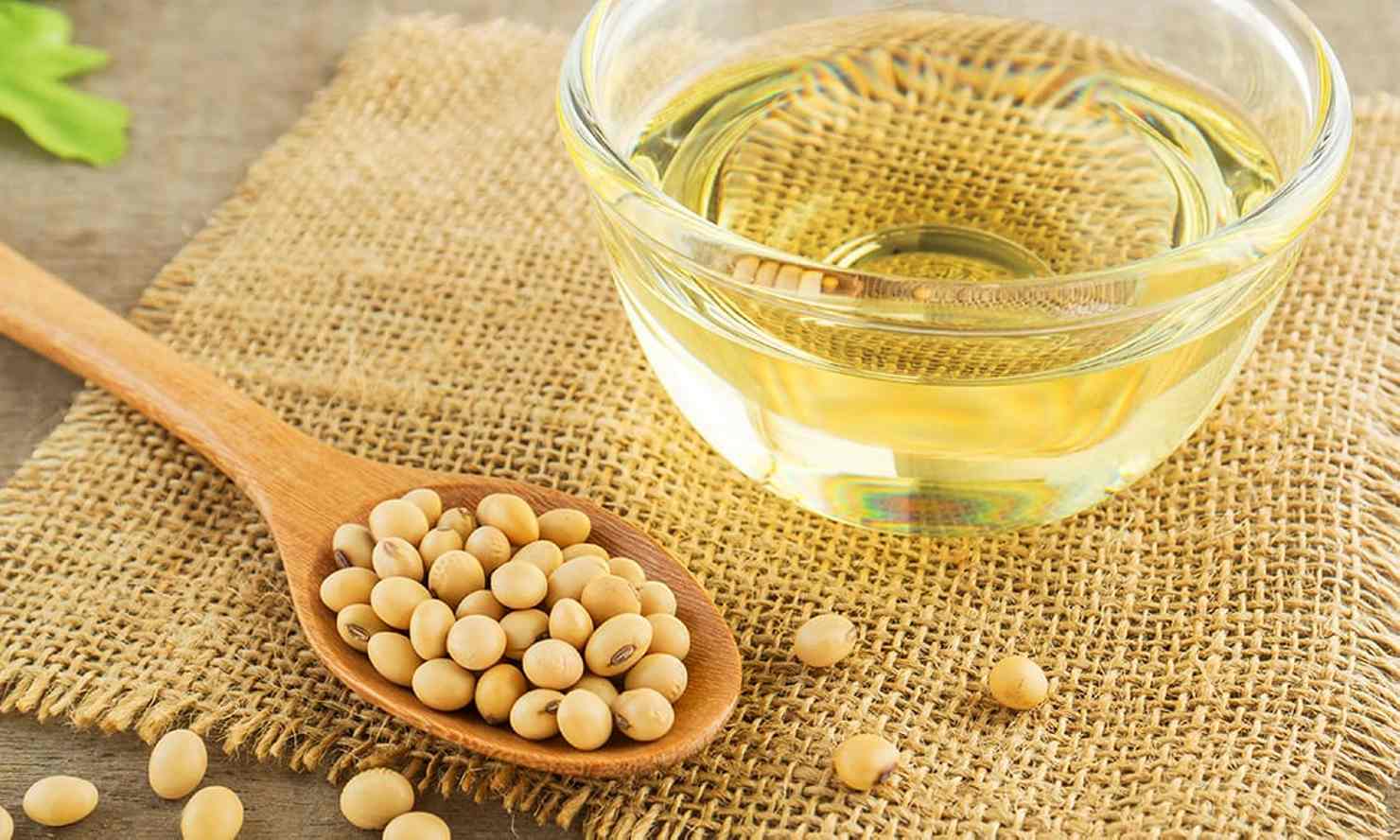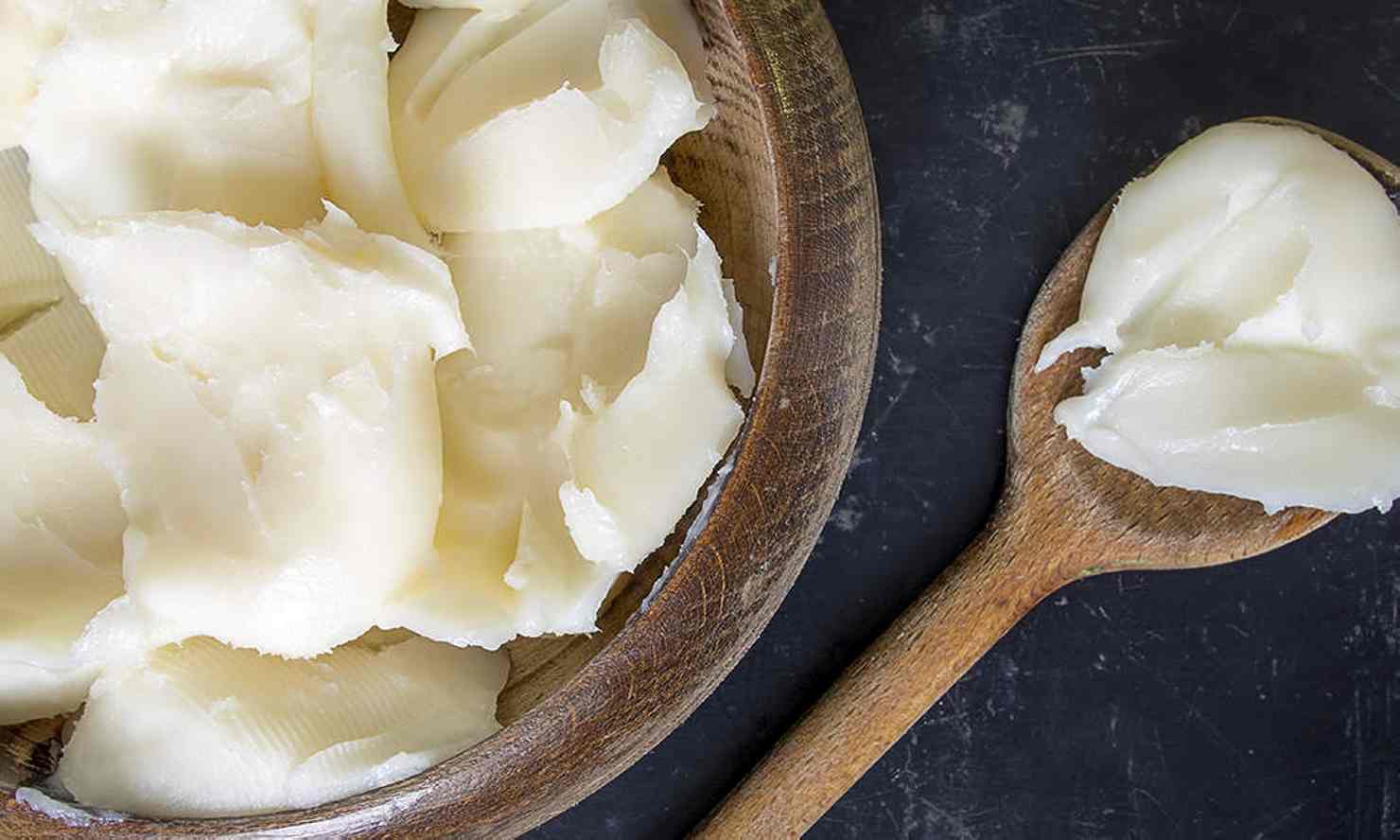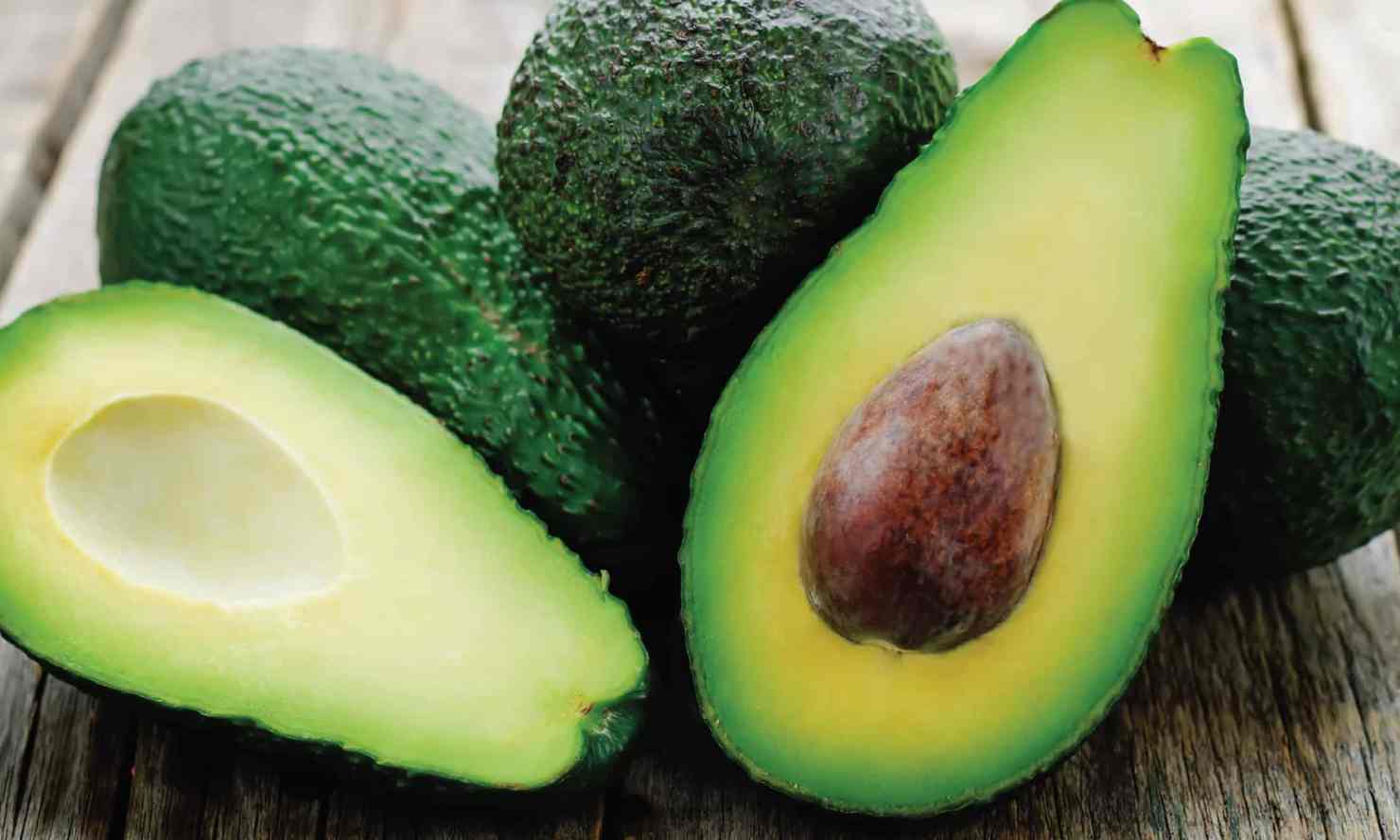
Ricotta cheese is a popular Italian ingredient featured in desserts and main dishes alike. Made from whey protein that has been acidified and heated, ricotta has a soft texture and mild flavor that works well in both sweet and savory recipes.
In addition to being highly versatile, it’s also rich in several nutrients and has been associated with a host of health benefits. In fact, the ricotta cheese nutrition profile could potentially help support weight loss, decrease blood pressure and help keep the bones healthy and strong.
Ready to learn more? Keep reading for all things ricotta, including more on the ricotta cheese nutrition facts and health benefits, plus some easy ways to enjoy.
What Is Ricotta Cheese?
Ricotta cheese is a type of cheese that is made from cow, goat or sheep milk whey. It’s known for its creamy, soft texture and mild, slightly sweet taste.
Often considered one of the healthiest cheese varieties, ricotta cheese nutrition contains all nine essential amino acids and is high in protein, calcium and selenium, as well as several other important vitamins and minerals. It’s also incredibly versatile and works well in recipes ranging from dips and spreads to salads, pasta dishes and desserts.
Although fresh ricotta is the most popular variety, it can also be aged to help extend its shelf life. Some of the most common types of aged ricotta include:
- Ricotta salata: This type of ricotta is pressed, salted and aged for at least 90 days.
- Ricotta forte: Also known as ricotta scanta, this cheese is soft and fermented with a strong and pungent flavor.
- Ricotta infornata: This form of ricotta is baked until it develops a brown crust.
- Ricotta affumicata: This variety is smoked, giving it a gray crust and distinct taste and aroma.
Ricotta Cheese Nutrition Facts
Ricotta cheese is a great source of several important nutrients. Although the non-fat ricotta cheese nutrition profile and low-fat ricotta cheese nutrition profile may vary slightly, most varieties are rich in protein, calcium, selenium and phosphorus, as well as several other nutrients.
A half cup of ricotta cheese made from whole milk contains the following nutrients:
- 216 calories
- 4 grams carbohydrates
- 14 grams protein
- 16 grams fat
- 257 milligrams calcium (26 percent DV)
- 18 micrograms selenium (26 percent DV)
- 196 milligrams phosphorus (20 percent DV)
- 0.2 milligrams riboflavin (14 percent DV)
- 552 International Units vitamin A (11 percent DV)
- 1.4 milligrams zinc (10 percent DV)
- 0.4 micrograms vitamin B12 (7 percent DV)
- 14.9 micrograms folate (4 percent DV)
- 130 milligrams potassium (4 percent DV)
Ricotta cheese nutrition also contains some vitamin B6, pantothenic acid, iron and magnesium.
How It’s Made
Ricotta is made from the whey that is left over from making other types of cheese. The whey must be acidified, either by undergoing fermentation or through the use of an acid, such as lemon juice, vinegar or buttermilk.
Many ricotta cheese brands also add rennet, which is a thickening agent made from enzymes found in the stomachs of ruminant mammals, such as cows. Next, the whey is heated, causing the proteins to coagulate and form curds.
These curds are then strained and cooled, producing the creamy, white cheese that many of us are so familiar with.
Making homemade ricotta cheese is easy and requires just a few simple ingredients. In fact, there are plenty of recipes available for how to make ricotta cheese, and most simply require milk and an acid, such as buttermilk or lemon juice.
Health Benefits
There are plenty of reasons you may want to consider adding this delicious dairy product to your diet. Here are a few of the top health benefits of ricotta.
1. Boosts Bone Health
Ricotta is a great source of calcium, an important mineral that is integral to the formation and metabolism of the bones. Interestingly enough, it’s estimated that about 99 percent of the calcium in the body is found right in the bones and teeth, where it provides tissue with strength and structural integrity.
Each serving of ricotta is also high in phosphorus, another mineral that plays a key role in bone health. Phosphorus is involved in many functions related to bone health but is especially important for maintaining bone integrity and skeletal development.
A deficiency in this essential micronutrient can cause issues like softening of the bones, bone loss and rickets.
2. High in Protein
Ricotta is loaded with protein, packing around 14 grams into a single half-cup serving. Protein is crucial to several aspects of health, including growth and development, immune function, muscle strength, and more.
A deficiency in protein can wreak havoc on health, causing a slew of side effects — like hair loss, hunger, stunted growth and impaired immunity. Pairing ricotta with other protein foods like meat, fish, poultry or legumes is a great way to ensure that you meet your daily needs.
3. Supports Weight Loss
With 216 calories in a 1/2 cup of ricotta cheese, this delicious dairy product makes a great addition to a healthy weight loss diet. In addition to being relatively low in calories, ricotta is also high in protein and boasts all nine of the essential amino acids that your body needs.
Increasing your intake of protein can be an effective method to help promote weight loss. In a study published in the American Journal of Clinical Nutrition, increasing dietary protein intake by just 15 percent led to significant reductions in calorie consumption, body weight and fat mass in study participants.
Protein can also reduce levels of ghrelin, which is the hormone responsible for stimulating feelings of hunger.
4. May Help Lower Blood Pressure
Some studies have found that the whey protein used to make ricotta cheese could help manage blood pressure levels. One 2016 study out of the United Kingdom, for instance, showed that supplementing with whey protein for eight weeks decreased both systolic and diastolic blood pressure while also improving other markers of heart health.
Another study in Food Science & Nutrition had similar findings, reporting that whey protein decreased systolic blood pressure in adults with pre- and mild hypertension, or high blood pressure.
Ricotta is also rich in phosphorus, an essential nutrient that regulates blood pressure levels. Some research suggests that increasing your intake of phosphorus, along with other minerals like magnesium and calcium, could help effectively decrease blood pressure levels.
How to Use It (Plus Recipes)
Ricotta cheese is widely available in the dairy section of most supermarkets, typically alongside other types of cheese. If kept refrigerated immediately after opening, it can last for about two weeks.
Many people also wonder: Can you freeze ricotta cheese? Although it can affect the texture, you can freeze ricotta for up to two months.
Ricotta is creamy, delicious and easy to use in a variety of different ricotta cheese recipes. With its rich taste and soft texture, it works especially well in savory or sweet dips and spreads.
It can also kick up the flavor of baked goods and desserts or can be stirred into pasta dishes and salads.
Here are a few delicious and easy recipes using ricotta cheese:
- Authentic Ricotta Cheese Recipe
- Lemon Ricotta Zucchini Noodles
- Mediterranean Baked Ricotta Muffins
- Blueberry Lemon Ricotta Parfaits
- Ricotta Spinach Toast
Substitutes
Running low on ricotta and not sure what to swap in for your favorite recipes?
Cottage cheese is a popular substitute for ricotta cheese due to its mild flavor and soft, creamy texture. Because it provides a similar ricotta cheese taste, it can also be used in many dishes in place of ricotta, including many spreads and pasta dishes like lasagna.
So is ricotta or cottage cheese healthier? The main difference between ricotta cheese vs. cottage cheese in terms of nutrition is that cottage cheese nutrition contains a lower amount of fat and calories, making it a good option for those on a low-calorie diet.
Cream cheese is another good ricotta cheese substitute, thanks to its similar taste and texture. Since cream cheese is made from both milk and cream, it is a bit higher in calories but works well in desserts like cheesecake, cookies and brownies.
You can also try trading fresh ricotta for other fresh cheeses in pasta dishes or desserts. Some of the best options include fresh goat cheese, mascarpone, paneer or fromage blanc.
For those with an allergy to milk or dairy, you can also even whip up your own vegan ricotta cheese at home. Cashews, in particular, can be soaked and blended in a food processor to mimic the unique texture of ricotta, without the dairy.
You can also add other ingredients to ramp up the flavor, including nutritional yeast, garlic, onion powder or lemon juice.
Risks and Side Effects
Keep in mind that ricotta contains lactose, a type of milk sugar that many people are unable to digest. If you are lactose intolerant, you may want to opt for other cheese varieties that are lower in lactose instead, including natural aged cheeses like cheddar, Swiss or parmesan.
Those who have an allergy to milk or follow a dairy-free diet should limit all types of cheese.
Compared to other types of cheese, ricotta also contains a higher amount of carbs per serving. While this may not make much of a difference for most people, it does mean that ricotta cheese nutrition on keto or other low-carb diets may not be suitable.
Ricotta is also high in saturated fat, a type of fat found primarily in animal products like meat, eggs and dairy. Although research shows that saturated fat is not directly linked to heart disease, consuming high amounts can increase levels of bad LDL cholesterol in the blood and could be tied to other adverse effects, including decreased bone density.
Therefore, it’s important to moderate your intake and enjoy alongside a variety of other healthy fats, including mono- and polyunsaturated fatty acids.
Conclusion
- What is ricotta cheese? Ricotta is a type of whey cheese that is known for its distinct taste and texture.
- In addition to providing a good amount of protein in each serving, ricotta cheese nutrition is high in calcium, selenium and phosphorus as well.
- Thanks to the ricotta cheese nutrition profile, this tasty ingredient could potentially help boost bone health, enhance weight loss and lower blood pressure.
- There are many ricotta cheese recipes available that are healthy and delicious, including salads, spreads and pastas.
- Because of the similarities between ricotta vs. cottage cheese, cream cheese and other fresh cheese varieties, there are also several substitutes available that can be easily swapped in to dishes.





